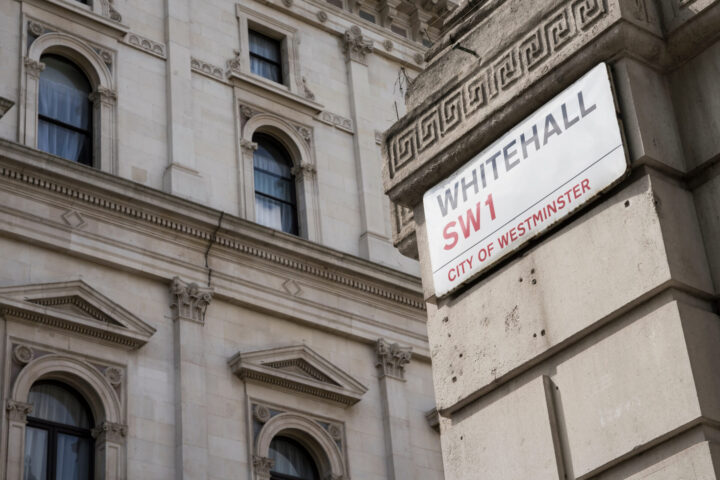A new ‘Fair Payment Code’ has been launched to address the issue of late payments, with research showing that small to medium enterprises (SMEs) are on average owed £22,000 a year.
This followed a consultation to investigate the scale of the problem and best solutions.
The package, announced in the run up to Small Business Saturday, included targeted action to unleash the potential of disabled and female entrepreneurs, and a crackdown on late payments, and measures to support small businesses and deliver growth.
Small Business Commissioner Liz Barclay introduced a gold, silver, and bronze system to reward best payment practices and help smaller firms identify reliable and trusted partners.
The Prime Minister invited small business leaders and small business representative organisations from across the UK to a reception in Downing Street to celebrate their achievements and showcase their role in economic growth.
Those set to attend include Kim Innes, CEO and Founder of Humble Crumble, Freddie Blackett, founder of Patch Plants and former Paralympian swimmer and medallist Mark Williams, who founded LIMB-Art.
Small Business Minister Gareth Thomas said: “This Government’s primary ambition is clear: to go for growth.
“To do that, we must unleash the potential of our entrepreneurs.
“These measures will help remove barriers that are holding our small businesses back and ensure everyone has the backing they need to succeed.”
Small Business Commissioner Liz Barclay said: “The Fair Payment Code is our response to all those suppliers who begged for a more aspirational, robust and ambitious approach to changing the business to business payment culture in the UK.
“It also gives a clear signal of intent on the part of Government.
“We want suppliers paid within 30 days with payment beyond the due date a rare event.
“We want longer contractual payment terms to be recognised as potentially detrimental to vital supply chains.
“We want businesses of all sizes to commit to fair and quick payments and to avoid harmful disputes.
“This new Code will drive a better payments culture and benefit everyone.”
The package includes a shared initiative with banks such as Barclays, HSBC UK, Lloyds Banking Group and NatWest, to support disabled entrepreneurs to access the finance required to start their own firms.
Research from the Lilac review found that if opportunities were improved for disabled founders, it could unlock an additional £230bn for the UK economy in growth and jobs.
The Disability Finance Code for Entrepreneurship was created to boost access to finance for disabled entrepreneurs and encourage greater engagement between the financial services sector and the disabled entrepreneur community, with the aim to tackle inequality and potentially unlock £230bn in untapped potential.
David Raw, managing director of Commercial Finance at UK Finance, said: “UK Finance is pleased to have collaborated with the Department for Business and Trade, the British Business Bank and representatives of the Lilac Review Steering Board on the development of the Disability Finance Code for Entrepreneurship.
“The banking and finance industry understands the importance of supporting entrepreneurs with disabilities and improving access to finance for all.
“Many lenders already have commitments and activities in place to support customers with disabilities and will continue to develop and enhance these to support customer needs.”
Joseph Williams, CEO and co-founder of small business Clu, said: “When disabled entrepreneurs are given equal access to finance, society gains in ways that go far beyond individual success.
“Inclusive entrepreneurship drives innovation, creates diverse workplaces, and encourages economic growth that benefits everyone.
“The Disability Finance Code paves the way for a fairer financial system that doesn’t leave talent untapped.
“By supporting disabled entrepreneurs, we’re investing in a more inclusive future, where everyone has the opportunity to contribute, strengthening our economy and society as a whole.”
As part of a wider pledge to support retail businesses and convenience stores, the Home Office is set to hold the first meeting of the Retail Crime Forum today, to discuss ways of tackling crime on high streets and dealing with threats against retail workers.
It will bring together senior law enforcement partners, retail trade associations and large retailers to discuss and identify what more can be done.
The meeting followed the Government’s commitment to introduce a specific offence of assaulting a retail worker, and ending the effective immunity that currently applies for theft of goods under £200.
In addition, increased funding of £7m over three years to policing will help tackle retail crime.















